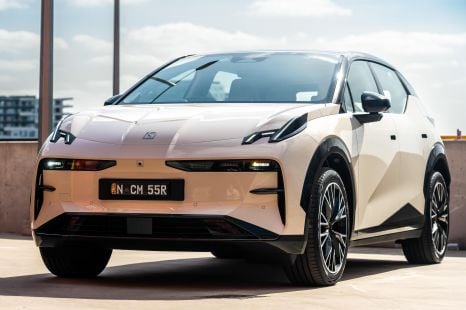

James Wong
7.9
6 Days Ago
Volkswagen seems to have worked out pre-production issues with the ID.3 and it’s almost ready for launch, but the company’s gone back to the drawing board for its sub-ID.3 entry.

News Editor
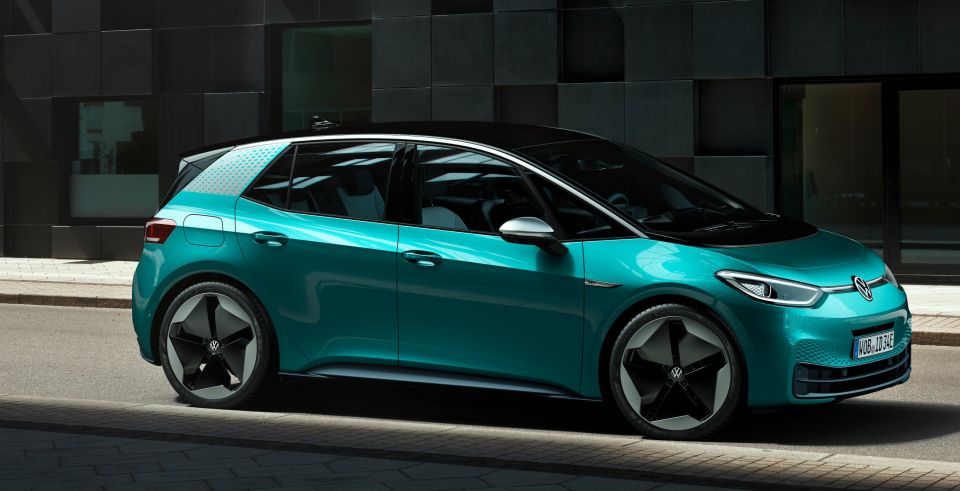

News Editor
The Coronavirus crisis has delayed the introduction of a few cars, but Volkswagen is ploughing ahead with the launch of its first electric ID model, the Golf-sized ID.3 hatchback.
Volkswagen promised a launch in the Northern Hemisphere’s Summer and those plans haven’t changed, despite the car experiencing well-publicised software issues during development.
European sales director Jürgen Stackmann announced on Twitter that European customers who pre-booked an ID.3 can progress to ordering their car from June 17. They’ll then be able to accept delivery within a matter of weeks.
While the ID.3 is progressing smoothly, Volkswagen has abruptly changed its plans for its replacement for the Volkswagen e-Up, Seat Mii Electric, and Skoda Citigo-e iV.
Development of this new electric model was initially set to be spearheaded by Seat.
A spokesperson from Seat has told Automotive News Europe that a revision in the Volkswagen Group’s global strategy has seen Seat lose the project.
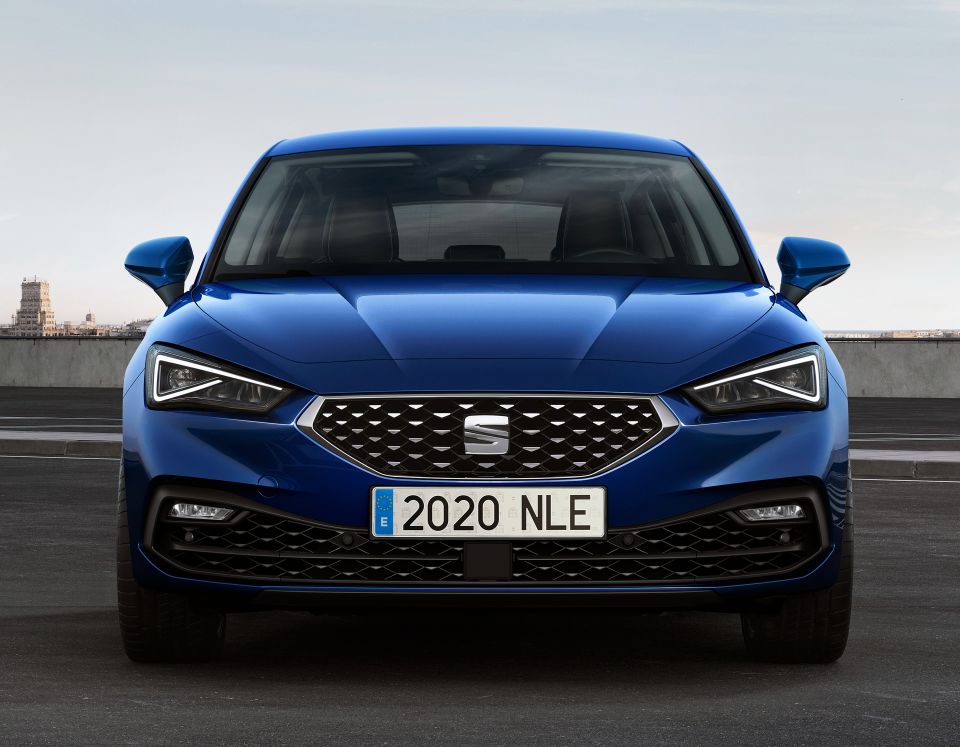
They cited Seat’s decision to delay its entry into the Chinese market as being the key reason. The new electric micro car was set to be a collaboration between the Spanish brand and Chinese company JAC.
It’s now reportedly falling under the purview of Volkswagen in Germany.
It’s another blow to Seat after its long-running president, Luca de Meo, announced he was stepping down this year. After almost five years at the post, he’s moving over to Renault to become CEO.
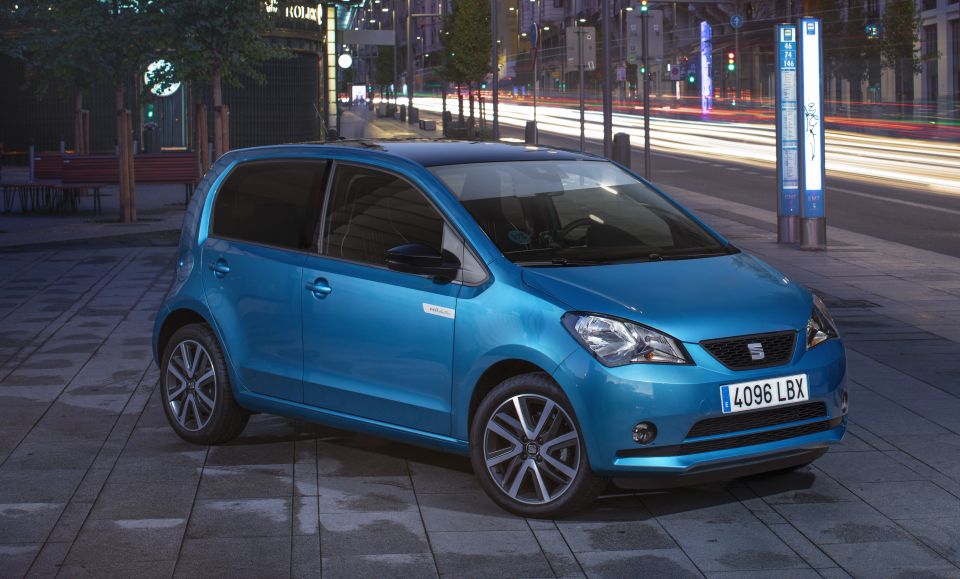
The plan for the new EV, announced last March, was for Seat to develop an electric city car that would cost less than €20,000 (A$33,686).
It would use a heavily modified version of the ID.3’s MEB electric architecture, shortened to less than 4000mm, or shorter than a Volkswagen Polo.
Seat was supposed to re-enter the Chinese market with electric models by 2021-22 but these plans have now been delayed indefinitely.
Electric vehicle sales have been declining in China, even before COVID-19 emerged. The reduction of government incentives is the key culprit.
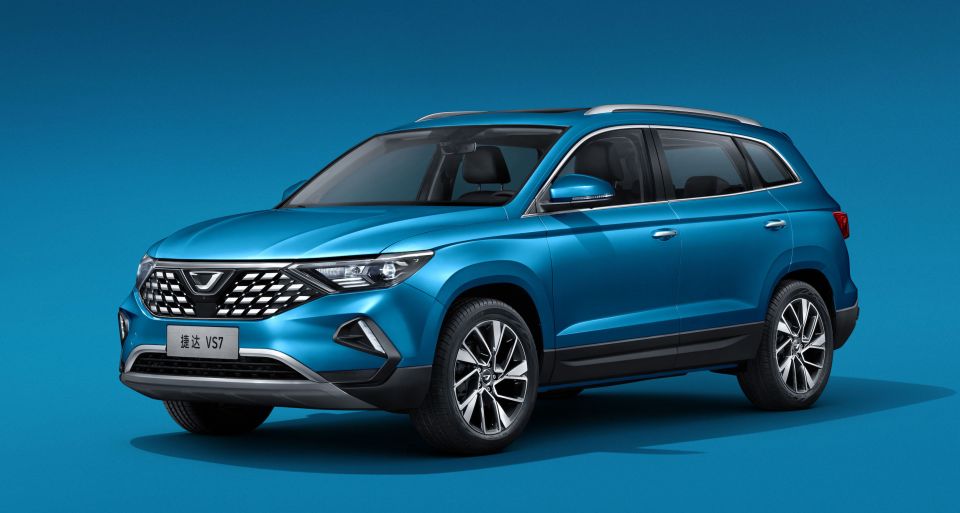
While the Seat brand won’t make the trek to China anytime soon, some of its models are already being sold there.
The Seat Ateca and Tarraco SUVs have been launched in the Chinese market under the new Jetta brand, which borrows its name from a popular Volkswagen there. They’re sold alongside the Jetta VA3, a sedan based on the outgoing Skoda Rapid.
Volkswagen remains the market leader in China. Its namesake brand alone racked up more than 3 million sales there last year, or just around double second-place Honda’s volume.
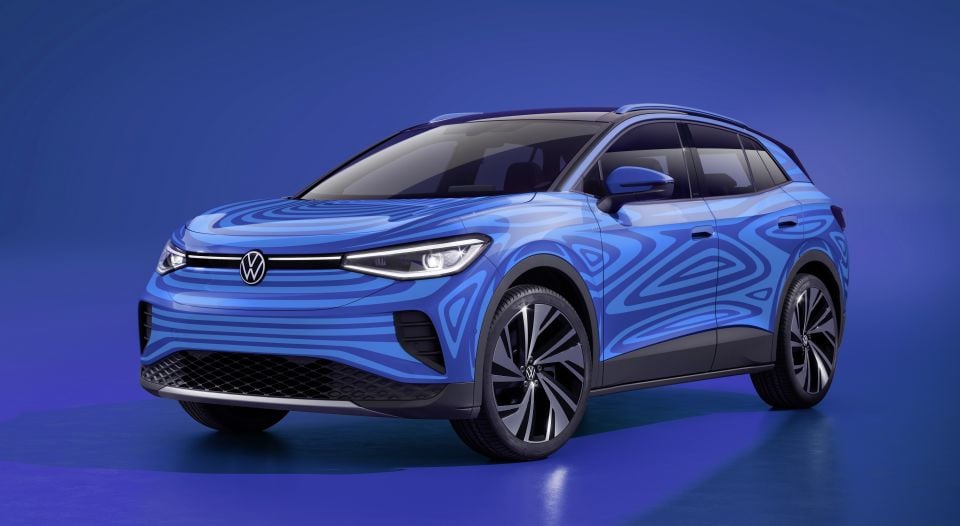
While the new sub-ID.3 model remains in development, Volkswagen has confirmed its ID.4 electric SUV will launch before year’s end.
It’ll be introduced to the Chinese, European and US markets first, though it’s also expected to arrive here in 2022 or 2023. It’ll be the first of the electric ID family to be introduced in Australia.
Take advantage of Australia's BIGGEST new car website to find a great deal on a Volkswagen ID.3.
William Stopford is an automotive journalist based in Brisbane, Australia. William is a Business/Journalism graduate from the Queensland University of Technology who loves to travel, briefly lived in the US, and has a particular interest in the American car industry.


James Wong
7.9
6 Days Ago
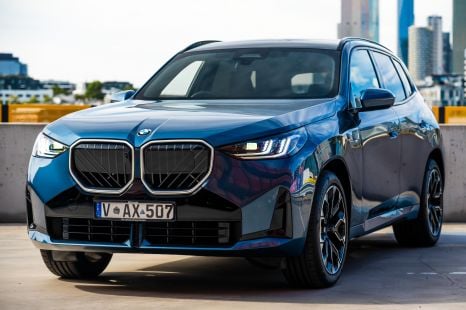

Jack Quick
8.4
5 Days Ago
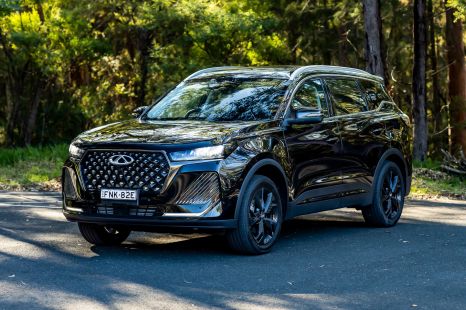

Matt Campbell
8.1
4 Days Ago
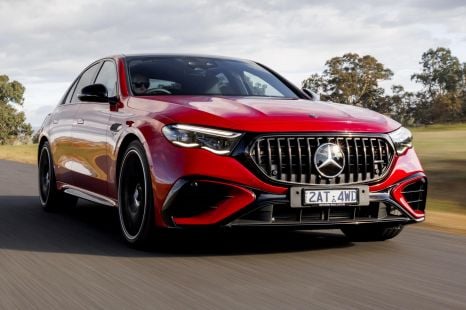

Max Davies
8
2 Days Ago
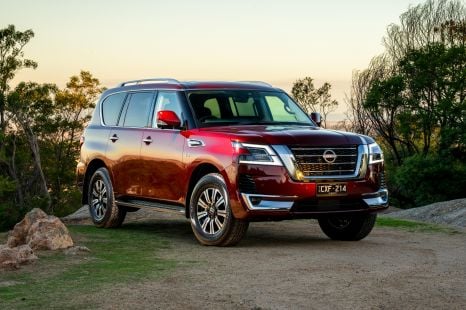

James Wong
8.1
1 Day Ago
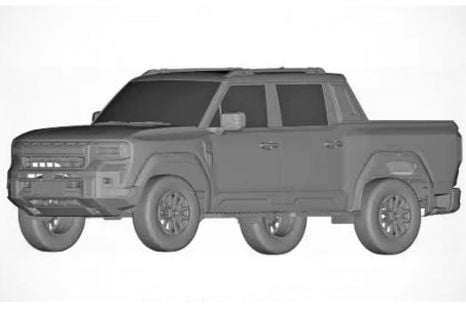

Marton Pettendy
1 Day Ago